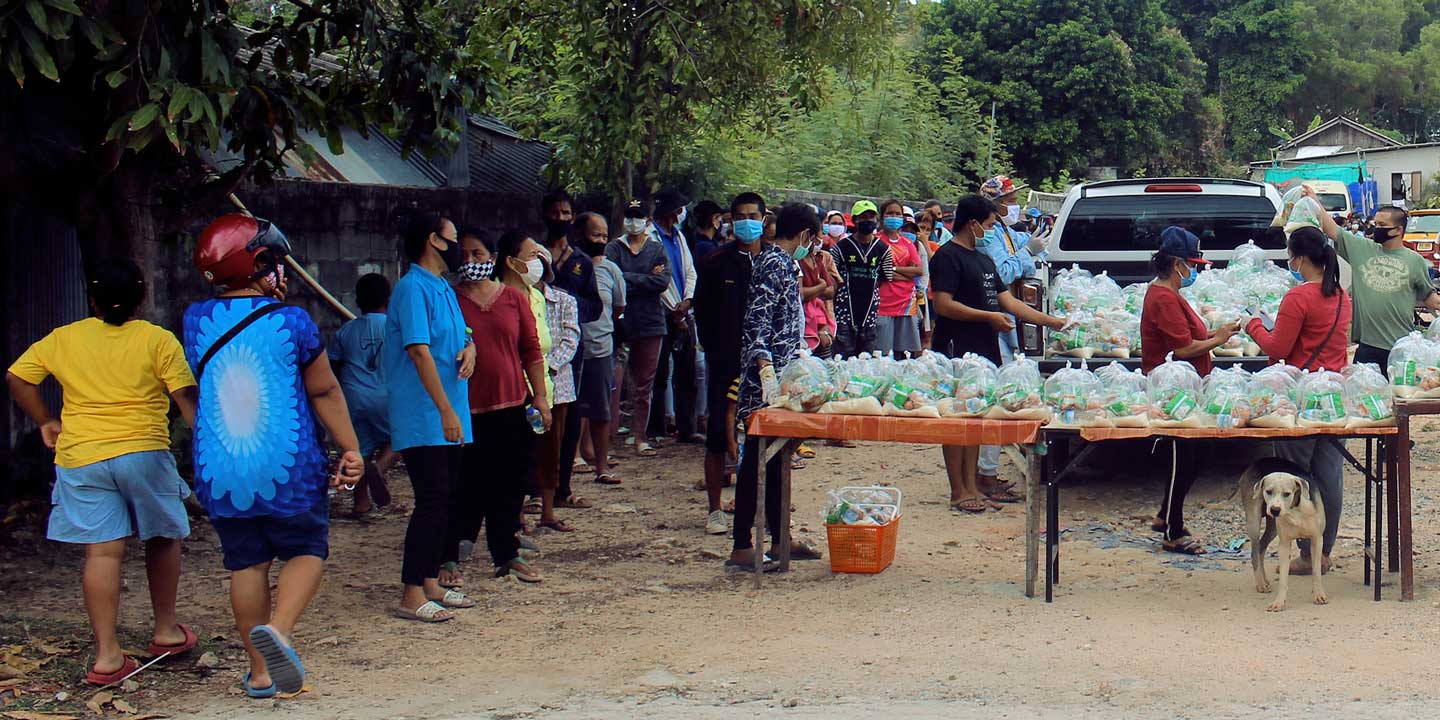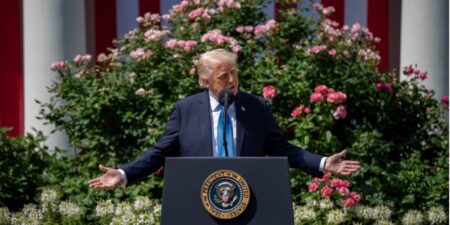Below is a snapshot of BGA’s evolving assessment of Covid-19 and political instability in the Indo-Pacific, written by President and CEO Ernie Bower and Director of Research Prashanth Parameswaran.
It is not only people who are at risk of perishing due to Covid-19; governments across the Indo-Pacific are under threat as well. Constituents’ perceptions of how their government has managed Covid-19 will either lift or sink many administrations between now and the end of 2022. The near-term impact of this phenomenon will bend the curve of political risk and disruption around the region.
Covid-19 has already been exacerbating differences between the countries of the Indo-Pacific. This trend will accelerate in the coming months as officials battle waves of resurgence of new variants while also seeking to drive economic recovery and position themselves for a post-pandemic world. Regimes in weak positions coming into the Covid-19 era will be most exposed. Indeed, some are already under siege either by political adversaries, those protesting in the streets or by withering bases of traditional support. The most resilient regimes will be those who managed Covid-19 proactively, with heavy doses of transparency, and a lucky few who could use significant reserves and fiscal policy to stimulate flat-lining economic growth.
The pandemic has already shown its teeth in this regard, and it has accelerated and contributed to leadership changes. The King of Malaysia, reading popular opinion and making his own assessments, replaced its prime minister, while Prime Minister Yoshihide Suga decided not to run for the leadership of his Liberal Democratic Party in Japan. Governments already under pressure are facing crises of credibility, as is the case to varying degrees in countries such as Thailand and Myanmar.
In other cases, Covid-19 has intensified governance challenges with spillover effects. A good example is India’s Covid-19 spike earlier this year that highlighted its role as a key node in the global vaccine supply chain within contexts such as the Quad.
With the resurgence of variants still posing a challenge across the region, companies should keep a keen eye on how Covid-19 affects political stability across the Indo-Pacific over the next few months. In particular, the pandemic and its effects could result in governments being ousted in scheduled elections, unexpectedly replaced due to quickly lost confidence or rising resentment, or severely undermined so as to drastically affect predictability and performance.
The clearest manifestation of political instability is the potential for government ouster via scheduled elections. Of these, polls in Japan, the world’s third-largest economy, will be top of mind. Surveys show that Prime Minister Suga’s popularity shrank significantly amid the spread of the delta variant before and during the Tokyo Olympic games and he decided to drop out of the September 29 LDP leadership elections.
Australia is another key market to watch in this regard. Per Morning Consult’s leadership approval tracker, Prime Minister Scott Morrison’s popularity ratings are at their lowest level since the pandemic began amid growing discontent over perceived harsh restrictions and a lethargic vaccination drive. If current polling holds, Morrison’s Liberal Party-led Coalition looks set to lose its majority in the 151-seat parliament in an election that must be held by the middle of 2022.
Covid-19 related issues will also feature prominently in U.S. mid-term elections in 2022 when the Democrats could lose control of the House or Senate or both. If that happens, U.S. policy, foreign and domestic, will be much more difficult to initiate and implement. Competitors like China and Russia will seize on the opportunity to underline perceived U.S. inconsistency and weakness.
Beyond elections, governments could be unexpectedly replaced by several means, including destabilizing protests or opposition. Thailand, Southeast Asia’s second-largest economy, is a particular country to watch given the wave of protests that have continued to rock the country over the past few months as the military-led government battles the pandemic. This is especially acute because Thailand will be in the international headlines as it prepares to host the Asia-Pacific Economic Cooperation (APEC) Summit next year.
Thailand is not alone in potential unexpected government changes. For instance, the recent disturbances we have seen in Fiji, with the arrests and intimidation of some opposition party leaders and two former prime ministers, are an important reminder of how quickly political dynamics can evolve in smaller, fragile democracies in subregions such as the Pacific that are also contending with voters angry over management the pandemic and related areas such as the economy.
Even in cases where governments are not completely replaced, they could be severely undermined, thereby drastically affecting predictability and performance. Myanmar presents the most worrying case. The military-led government which took power in a February coup now contending with one of the world’s highest Covid-19 mortality rates, in addition to its contested legitimacy at home and abroad and the country’s dizzying political and economic challenges. The junta’s mismanagement of the pandemic, combined with many other abuses and failings, has arguably backed the country’s people into a corner so dire that many feel that they have nothing to lose.
Another case to monitor is that of Nepal. While Prime Minister Sher Bahadur Deuba was initially able to cement his role by winning a decisive confidence vote in July, his inability to make progress on steps such as forming a new cabinet has spotlighted the challenge of managing the disparate makeup of the ruling coalition. If Deuba loses support, it could plunge Nepal into another constitutional crisis following the one that brought him to power just a month ago.
To be sure, Covid-19’s effects on political stability will be far from even across the Indo-Pacific region. More centrally controlled governments such as China have proven capable of taking draconian measures necessary to suppress new waves of outbreaks, and some of the lasting effects on vulnerable populations including migrant workers are yet to be fully born out in some of the data. Wider geopolitical developments such as the U.S. withdrawal from Afghanistan will also intersect with the pandemic to produce differentiated outcomes across parts of South and Southeast Asia including countries such as Pakistan and Indonesia.
Risks to political stability should not to detract from the broader story of key Asian countries leading the world to the path to post-pandemic recovery. Countries like Singapore are already proving capable of controlling new waves of cases while presenting openings for travel and diplomacy, as evidenced by U.S. Vice President Kamala Harris’s visit as the Biden team looks to engage the Indo-Pacific. Singapore also proved it agility, responding to the viral challenges by supercharging the search for newer sectors to drive growth beyond ones such as tourism, be it clean energy, e-commerce or others.
Nonetheless, companies looking to understand the region and invest into its significant promise will need to remain acutely attentive to Covid-19’s local effects on the political and macroeconomic environments in the diverse countries of the Indo-Pacific. That will require a mix of local knowledge, global vision, and institutional agility and resilience to succeed in this diverse and fast-moving region.

President & CEO
Ernie conceptualized and built BGA. His company springs directly from his understanding of the people that lead Asia’s governments, companies and key institutions and those that build and run the world’s leading companies. His career has focused on helping promote prosperity and security by finding ways to align the needs and aspirations of people, communities and institutions in Asia and the goals, capabilities and potential of the world’s top companies. A rugby player who grew up in northeastern Pennsylvania, his approach is direct, humble and personal. He is a builder and a listener. Not surprisingly, the company he built reflects ...
Read More


























